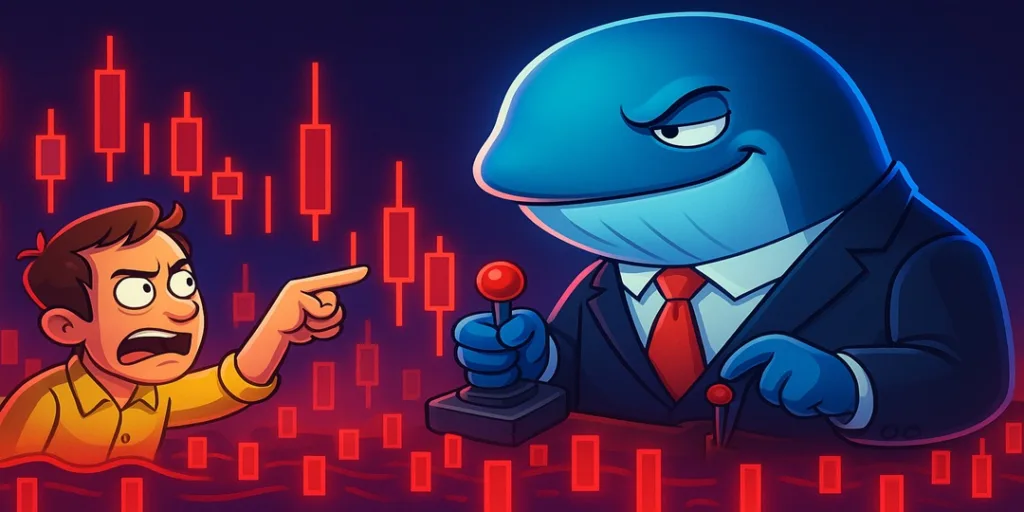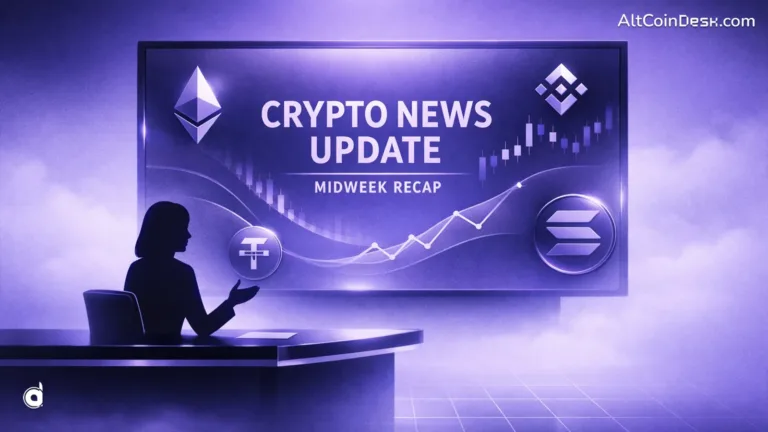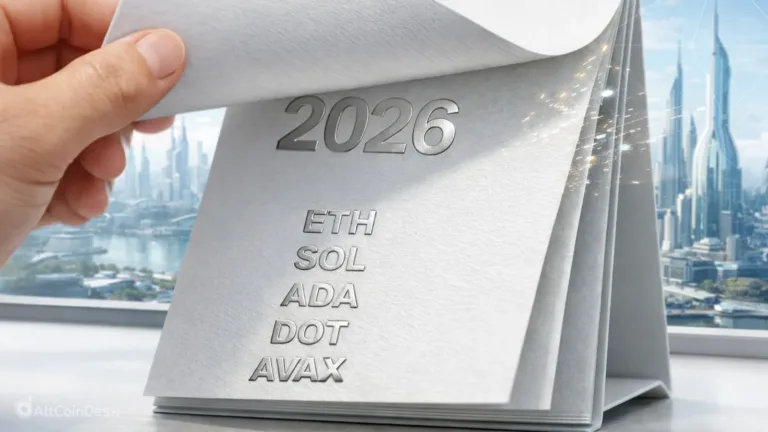Crypto has its own culture, complete with memes, acronyms, and phrases that sound sophisticated, but usually mask panic, denial, or straight-up gambling. Scroll through any Telegram group or X (Twitter) feed, and you’ll hear lines that every trader repeats like gospel. The trick? Most of them don’t mean what they say.
Let’s decode the fine art of crypto double-speak.
I’m just dollar-cost averaging
Translation: “I panic bought the top, panic sold the bottom, and now I’m calling it strategy.”
Every trader knows DCA (Dollar-Cost Averaging) is a smart way to smooth out volatility. Instead of buying $1,200 worth of Bitcoin today, you buy $100 every month for 12 months. But in reality, most DCA warriors are just trying to save face after catastrophic timing decisions. That “long-term plan” usually starts five minutes after buying at $70k and watching Bitcoin free-fall to $55k.
It’s a long-term hodl
Translation: “I’m down 80% and coping.”

When a token tanks so hard it disappears from CoinMarketCap’s front page, it magically becomes a “long-term hold.” Traders will swear they believe in the fundamentals, but what they really mean is: “Selling now would require admitting I lost rent money on a dog coin with no utility.”
This is not financial advice
Translation: “This is definitely financial advice, and it’s terrible.”

The most ironic disclaimer in finance. If someone prefaces a meme-filled thread with this line, it’s absolutely financial advice; they just don’t want to get sued when their “next 100x alt” rugs in 48 hours.
I only invest what I can afford to lose
Translation: “I just liquidated my kid’s college fund for more leverage on Solana.”
This phrase sounds wise and disciplined. But the way traders scream on Twitter when prices dip 5% tells you everything you need to know. “What I can afford to lose” somehow always includes rent, food money, and occasionally grandma’s inheritance.
The whales are manipulating the market
Translation: “I refuse to believe I made bad choices.”

Nothing soothes a trader’s ego like blaming whales. If your entry was awful, your stop loss was a joke, and your meme coin rugged, don’t worry, it wasn’t you. It was the shadowy cabal of whales who apparently exist only to dump right before you buy in.
I believe in the technology
Translation: “I believe this token might pump again, so I don’t look stupid.”
Yes, blockchain is revolutionary. But when someone says this while holding InuCoin v3 or a Pepe spinoff, what they actually mean is: “I bought this coin because of a meme, and now I need a respectable excuse to keep holding.”
I’m in it for the community
Translation: “I’m in it for the pump, but the memes are nice.”
The community is great until the token dumps. Then that same “family” turns into a ghost town where the mods vanish, Discord goes silent, and everyone pretends they were never there.
Regulation will bring clarity
Translation: “Please stop suing my bags into the ground.”
On the surface, this sounds reasonable. But what traders actually mean is: “I need the SEC to approve my altcoin ETF so my down-bad investment will moon again.”

We’re still early
Translation: “I desperately need hopium.”
This is the rallying cry of every trader who just got rekt. The phrase works in every market condition. Bitcoin down 30%? “We’re early.” Meme coin rug pull? “We’re early.” It’s less a strategy, more a prayer.
Closing thoughts: Are you a crypto trader?
Crypto isn’t just about charts and tokens; it’s about language. A language built on copium, hopium, and copeium. Behind every phrase is a crypto trader trying to sound smart while secretly sweating over liquidation levels.
The next time you see someone post, “This is not financial advice,” just remember, it definitely is. And it’s almost always wrong.





